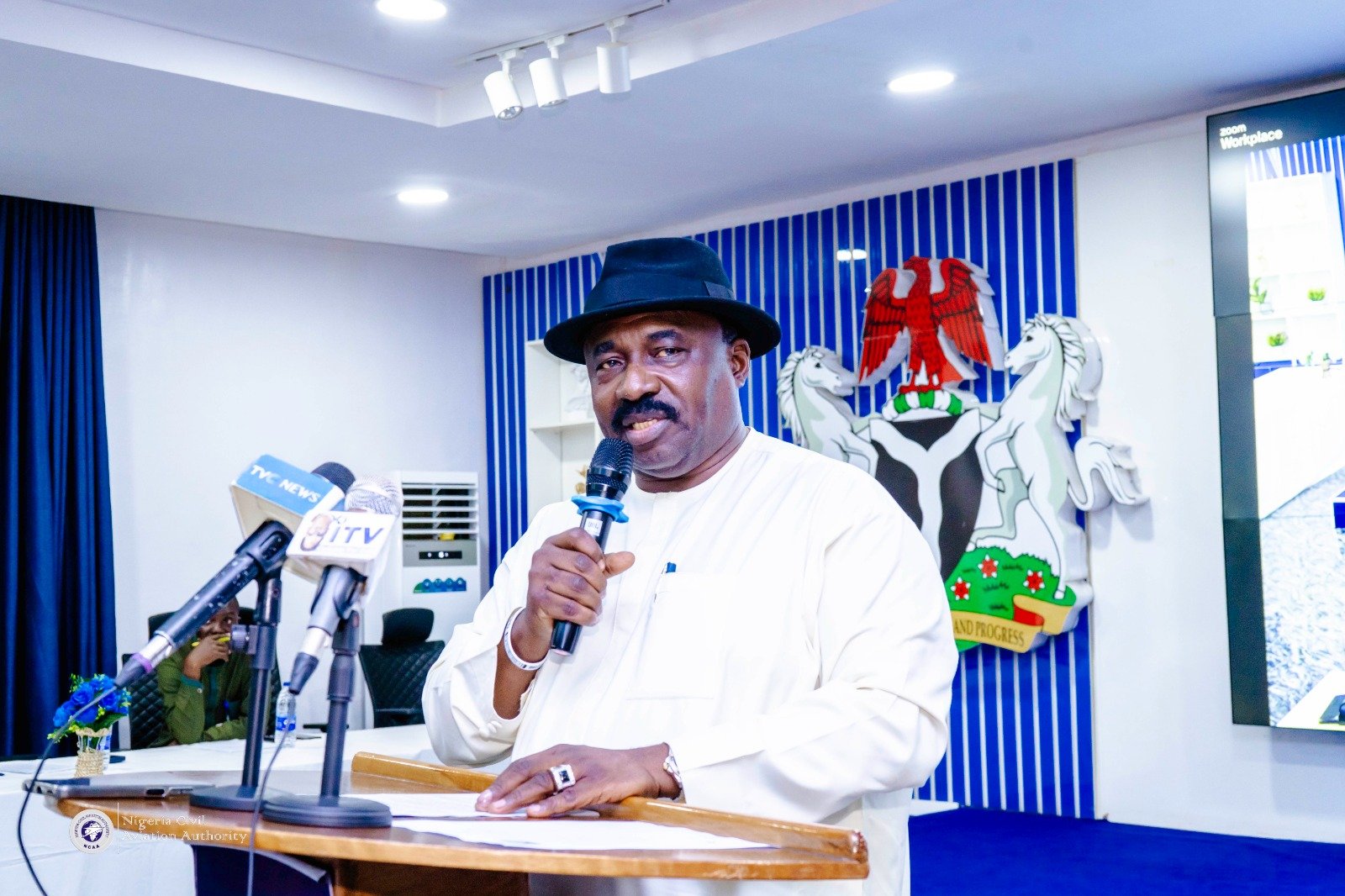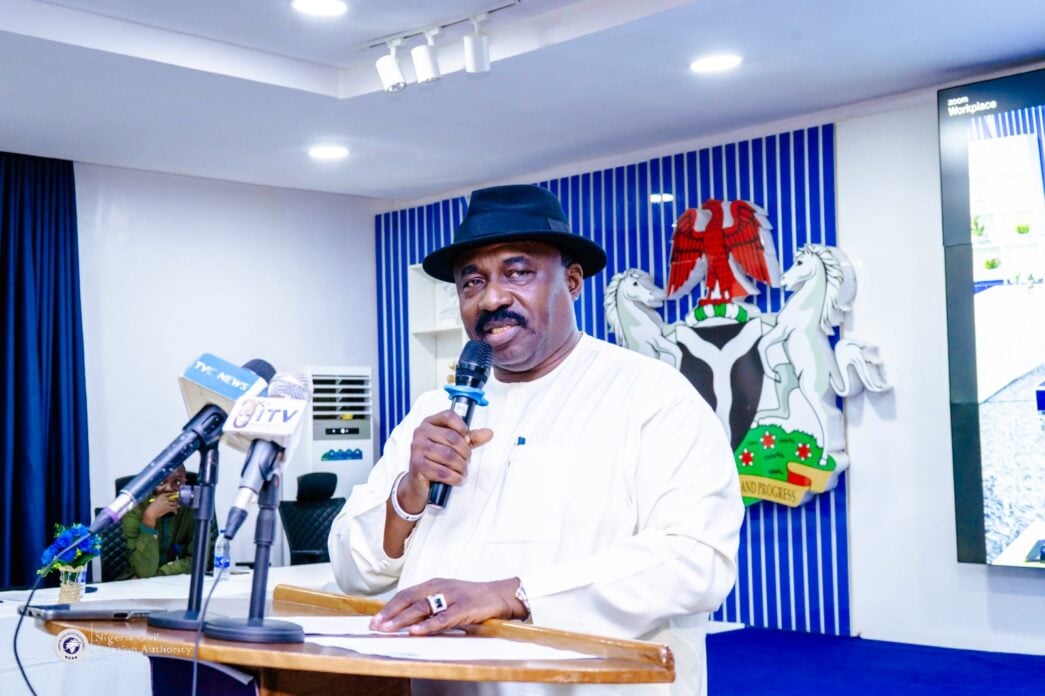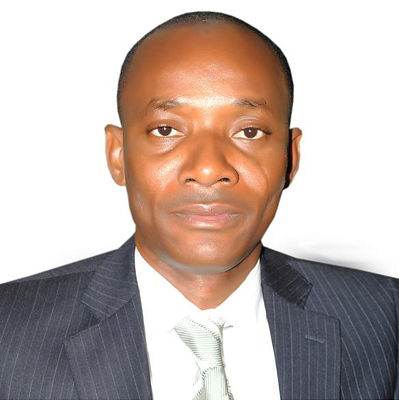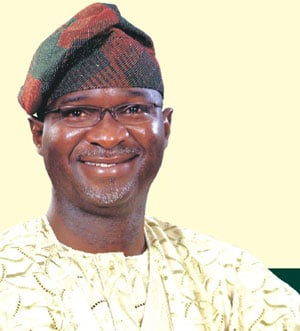The Nigeria Civil Aviation Authority (NCAA) says it is working with the office of the national security adviser (ONSA) to deploy an anti-drone system for threat detection and neutralisation.
Chris Najomo, director-general of the NCAA, spoke on Wednesday during the fifth drone technology conference and exhibition held in Lagos.
Najomo said the authority is dedicated to developing a risk-regulatory framework, which includes releasing interim guidelines for operating unmanned aircraft systems (UAS).
The NCAA DG said it is important to align with international benchmarks such as the International Civil Aviation Organisation (ICAO) model regulations for UAS and the specific operations risk assessment.
Advertisement
While global standards would be adopted, he said Nigeria’s unique socio-economic realities would also be considered.
“Our commitment does not stop at these. NCAA’s robust drive includes standardisation and certification protocols by establishing ‘mandatory type certification’ for UAS designs while ensuring airworthiness and cybersecurity resilience,” Najomo said.
The NCAA boss said the agency would also implement a national UAS registry linked to real-time tracking systems to enhance accountability.
Advertisement
“On safety and security infrastructure, we will deploy geo-fencing technologies to restrict UAS access to sensitive zones (airports, government installations),” he added.
NCAA TO LAUNCH NATIONAL UAS ACADEMY
On capacity building, Najomo said the authority would launch a national UAS academy in partnership with universities and aviation industry leaders to train local talent.
He said the agency would soon initiate public awareness campaigns to enlighten communities about the advantages of UAS and their regulatory responsibilities.
Advertisement
“While Nigeria’s UAS potential is undeniable, we must confront systemic barriers such as regulatory fragmentation, technological gaps and public skepticism,” the NCAA DG said.
“The NCAA cannot achieve this vision alone. We urge industry leaders to adopt ethical self-regulation.”
He urged academic institutions to focus on research in UAS, encouraging lawmakers to support forward-thinking policies.
Najomo also asked stakeholders in the UAS sector to register with the NCAA, noting that the authority had received approval from the NSA.
Advertisement
“We have got clearance from NSA. Register with us, go back to NSA for clearance and come back to NCAA to finalise the registration,” he said.
He said drones have become a cornerstone of the fourth industrial revolution, transforming sectors through automation, artificial intelligence and data analytics.
Advertisement
The NCAA DG identified safety assurance, security safeguards, and innovation facilitation as the three key pillars for UAS integration in Nigeria.
Also speaking at the event, Olubunmi Kuku, the managing director of the Federal Airports Authority of Nigeria (FAAN), said the agency is taking steps to ensure Nigeria is not left behind in the emerging era of advanced air mobility (AAM).
Advertisement
Kuku, who was represented by Henry Agbebire, FAAN’s director of special duties, said the future of aviation is rapidly approaching, marked by a new era where air taxis — powered by electric engines and steered by artificial intelligence — will revolutionise the way Nigerians travel, live, and interact.
Advertisement








